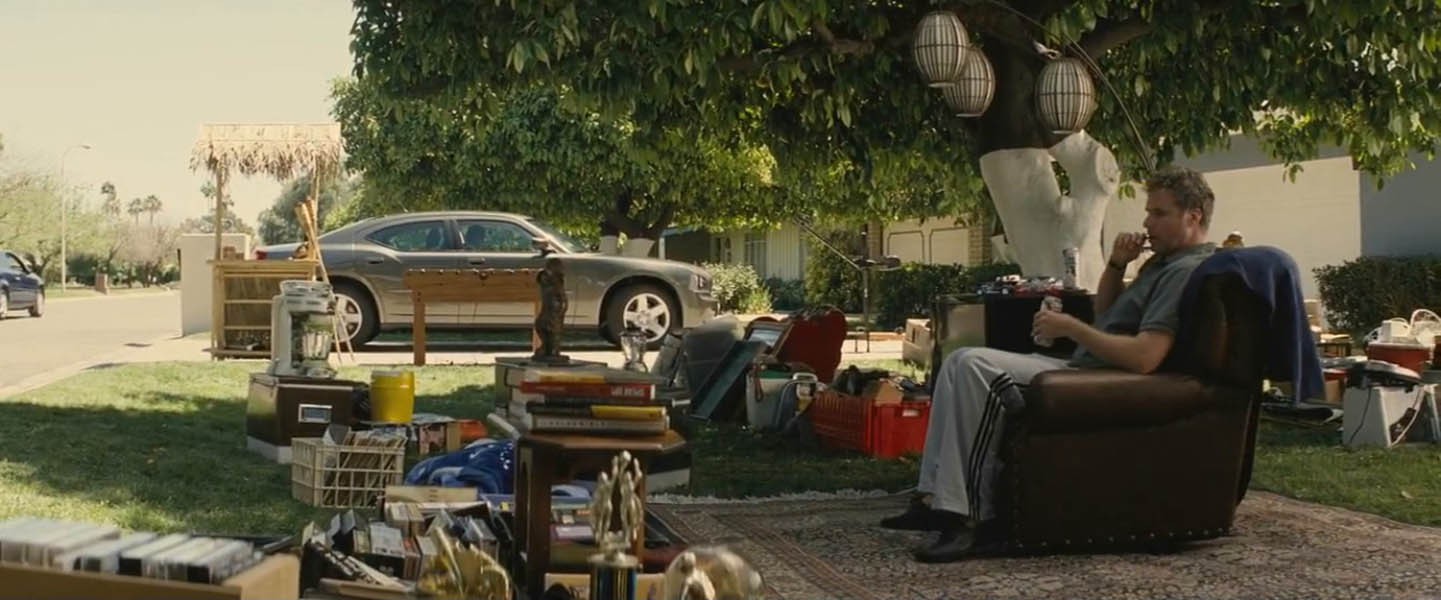

Whether or not you believe that humans are causing global warming or that it is occurring at all is beside the point. We may get the gist of this in an upcoming article of his that, according to him, will be titled, "Green Is the New Red, White, and Blue." Within the past few days, Thomas Friedman, the journalist and best-selling author of The World Is Flat, intimated in an interview with Tim Russert that he is particularly excited about what may happen when the American business community and its ideas are unleashed on the problem. From now on, we can expect to be bombarded with almost daily news articles about its long-term effects on those living in low-lying areas along coastlines, those attempting to grow crops in rapidly shifting climates, those living along the equator as opposed to temperate climes (being addressed by the UN's Intergovernmental Panel on Climate Change as this article hits the Internet), and even those getting ready to drill for oil in open water that the polar ice caps still cover. But it was probably sometime before Al Gore's film won the Academy Award. The debate over global warming appears to have passed a tipping point.
WILL FARELL THROWING MONEYMONEY FREE
The one question that is within the realm of management is what role, if any, business leadership should be playing in this debate? Should it be arguing for government to step aside and let free markets prevail? Or should it be asking governments to set the rules of competition on CO2 emissions sooner rather than later so that businesses can plan and react accordingly? What do you think? Original Article

Pardey put it, "When companies have to play by the same rules, then fair competition can take place…terms and conditions…for all concerned industries worldwide seems to be a must." Mehmet Genc pointed out that "Markets can correct the situation if these costs (of CO2 emissions) can be internalized, but government has to help…." But several suggested that government intervention has to occur on a global basis. Several concluded that whatever change in markets and innovation is contemplated will take place faster, for better or worse, with government intervention. Our present day efforts only affect rate, not the final inevitable steady state." The discussion also turned to one of timing, with Chris McFadden teeing up the issue by saying, "Global warming will not 'stop'…until all accessible hydrocarbons have been consumed. Government will not do it without business." As Nancy Sullivan said, "Business will not do it without government. A 'free' market will do better…albeit more painfully to too many of the world's six billion residents…." More were skeptical of this view, suggesting that either subsidies or taxes or both will be required to: (1) raise market prices for carbon-based energy in developed countries, (2) encourage the development of new innovations to lower the cost of energy worldwide to what is becoming referred to as the "China price," or (3) a combination of both. Cullinane concludes that "Industry and the individual consumer will have to be the driving force for this change." Edward Hare comments that "Given history, government will most likely get things wrong. Commenting that "Heating costs go up, the consumer insulates," C. Gibbons said, "If we were successful in 'stopping' global warming, I suspect there would be some nasty unintended consequences for our weather and our world." Leading from this line of reasoning, Phil Jackson advises us "we would be better (off) investing in the resources to handle whatever global warming throws at us." But most assumed human involvement, and commented on the role of market forces.Ī number of you expressed the hope that the private sector can provide adequate response to a problem that is either real or increasingly perceived to be so. John Kurywchak commented "The chief contributor of CO2 into the atmosphere is the world's oceans…" (regardless of) "industrial activity." Paul Sweeney added, "I don't believe mankind is looking at the actual cause right now, and consequently that human innovation is not focusing on solving the right problem." Others were concerned about the consequences of responses based on imperfect information. Some respondents don't believe that global warming has much to do with humans. The focus of comments was on questions two and three. As George Olsen said, "A lot of the people posting to this discussion appear to have missed the point." But responses have prompted me to wonder whether they did or not. Is global warming occurring? Do humans (primarily through CO2 emissions) have much to do with it? Should we rely on market forces to provide appropriate responses, or will this require incentives provided by government?Ĭlearly, my effort to frame the discussion around just the third question failed.

Debate on this month's questions occurred on at least three levels.


 0 kommentar(er)
0 kommentar(er)
